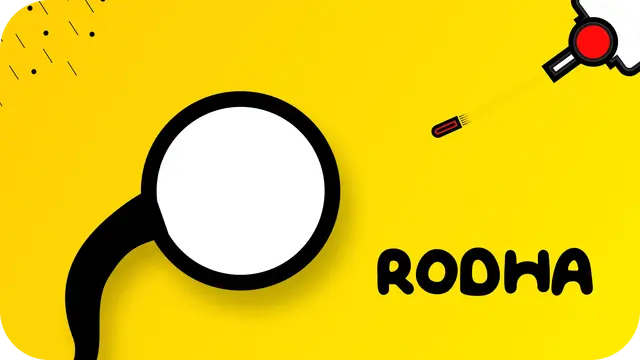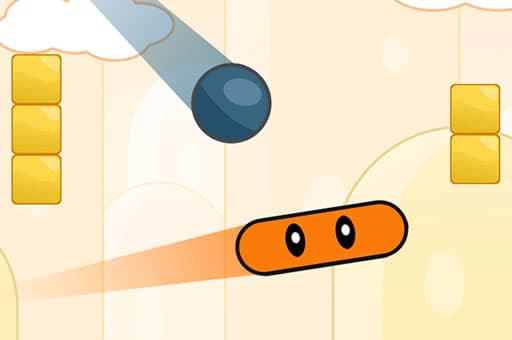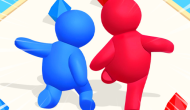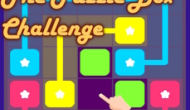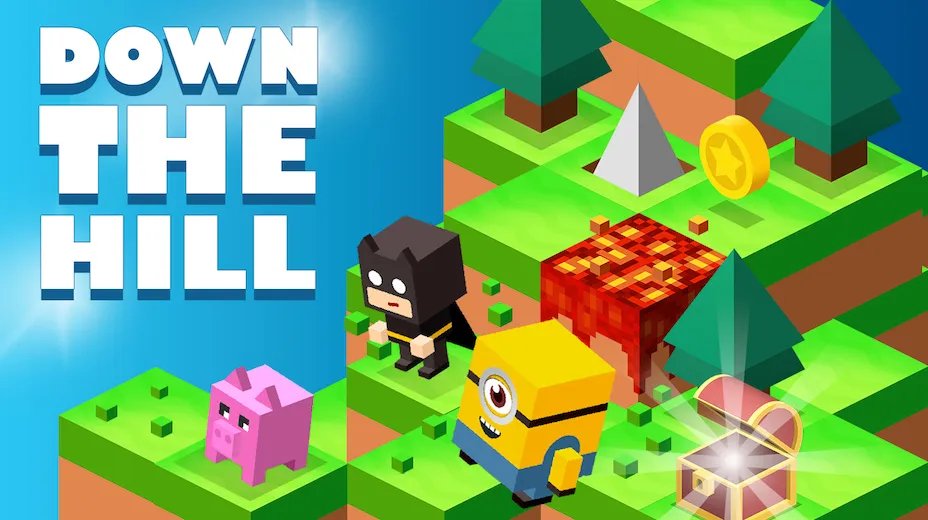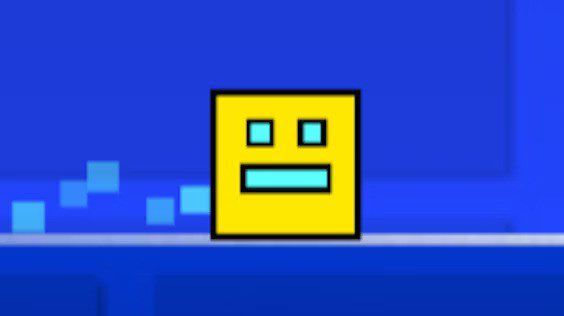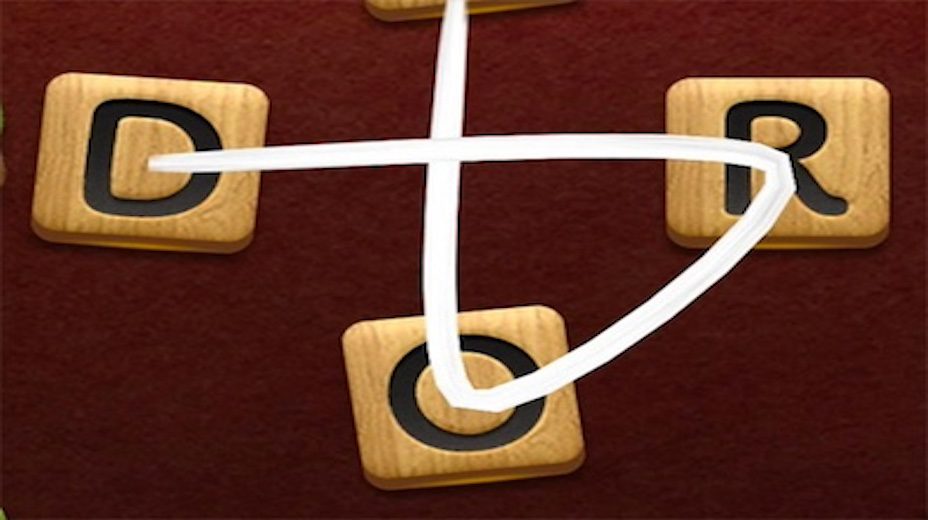2048
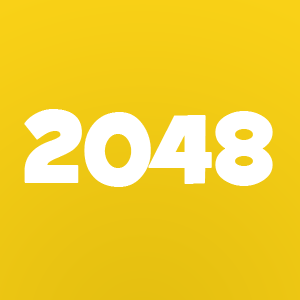
🎮 Explore the World of 2048
Overview of 2048
Overview of 2048
2048 is a single-player sliding tile puzzle game developed by Italian web developer Gabriele Cirulli and released in March 2014 as free and open-source software. The game is available on multiple platforms including web browsers, iOS, Android, Nintendo 3DS, Apple TV, and KaiOS
The objective is to slide numbered tiles on a 4×4 grid to combine them and create a tile with the number 2048. Players can continue playing beyond this goal to create tiles with even larger numbers
The game is described as "viral," "addictive," and simple to learn but challenging to master, involving both luck and strategy
Gameplay Description
Players use arrow keys or swipe gestures to move tiles in one of four directions. Tiles with the same number merge into one tile with their sum when they collide. For example, two tiles with 2 merge into a 4, two 4s merge into an 8, and so on, doubling each time until reaching 2048
The game starts with two tiles (2 or 4) placed randomly on the grid, and after each move, a new tile (mostly 2, sometimes 4) appears in an empty spot. The game ends when no moves are possible (no empty spaces and no adjacent matching tiles)
A scoreboard tracks the player’s score, which increases by the value of newly merged tiles
Unique Features and Strategy
The largest tile is ideally kept in a corner, with other large tiles filling a row or column to maintain control. Players try to avoid isolating small tiles separated by large ones
The game blends luck (random tile placement) and strategy (planning moves ahead), making it mentally engaging and addictive
The game has inspired many variants and clones, but 2048 remains popular due to its simplicity, open-source nature, and continuous improvements based on user feedback
Popularity and Impact
2048 quickly became a global sensation, reaching over 10 million players within weeks of release. It is praised for being easy to play yet hard to win, which drives repeated attempts and addiction
It is free to download and play, unlike some similar games (e.g., Threes), which contributed to its competitive edge in the market
The open-source code allowed developers to add features such as night mode, save game state, new board shapes, and improved controls, enhancing user experience
The game has been adapted for various platforms and even integrated into non-traditional environments like in-flight entertainment and car consoles
